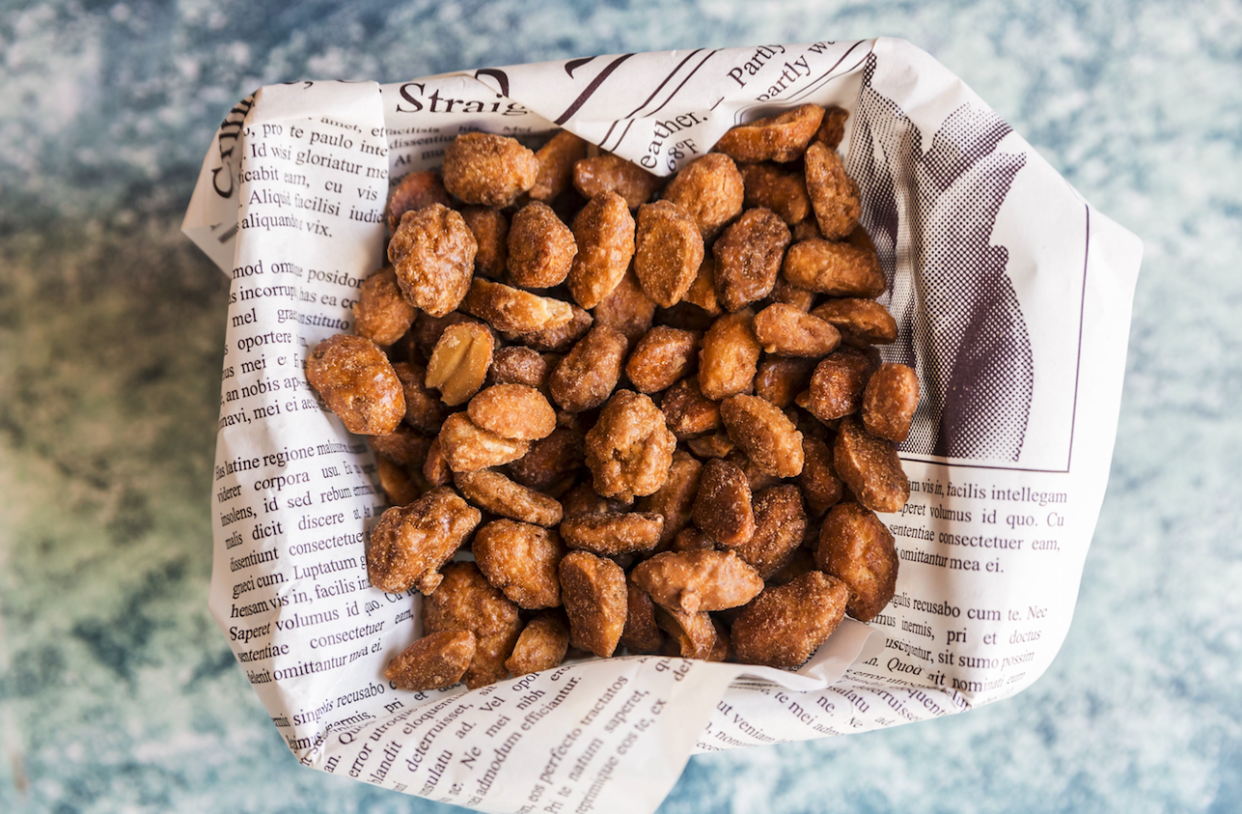Scientists have taken a massive step in curing peanut allergies

Australian researchers have made a breakthrough in the treatment of children afflicted by peanut allergies.
A trial at the Murdoch Children’s Research Institute has seen two-thirds of children being cured after they were treated with an experimental immunotherapy treatment.
Peanut allergies are among the most common causes of anaphylaxis, a life-threatening allergic reaction that can often result in death.
The new trial, which involved forty-eight children, saw them being handed a probiotic known as PPIOT that contained peanut protein or a placebo, once daily for 18 months.
At the end of the trial, which took place in 2013, some 82 percent of children who received the immunotherapy treatment were deemed tolerant to peanuts.
Read more on Yahoo
These are the best cities in the world to live in
Swiss hotel accused of anti-semitism after telling Jewish guests to wash before they swim
Silent Witness actress Liz Carr stabbed in the head in London
Cyclist who hit pedestrian ‘shouted at her as she lay on the ground dying’\
Now, the majority of the children who developed an initial tolerance are still eating peanuts – with 70 percent passing a further test that confirmed their long-term tolerance to it.
Describing the study, lead researcher Professor Mimi Tang said: ‘The way I see it is that we had children who came into the study allergic to peanuts, having to avoid peanuts in their diet, being very vigilant around that, carrying a lot of anxiety with that and, at the end of treatment and even four years later, many of these children who had benefited from our probiotic peanut therapy could now live like a child who didn’t have peanut allergy.’
It is also hoped that the study could potentially help to decrease the rates of food allergy in children.
’This is a major step forward in identifying an effective treatment to address the food allergy problem in western societies’, Tang added.

 Yahoo News
Yahoo News 

